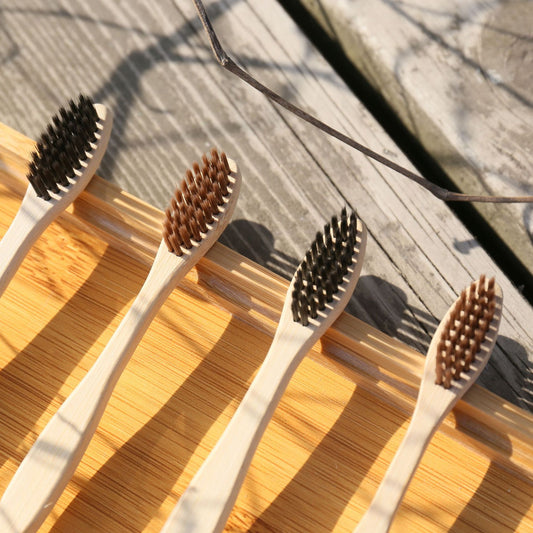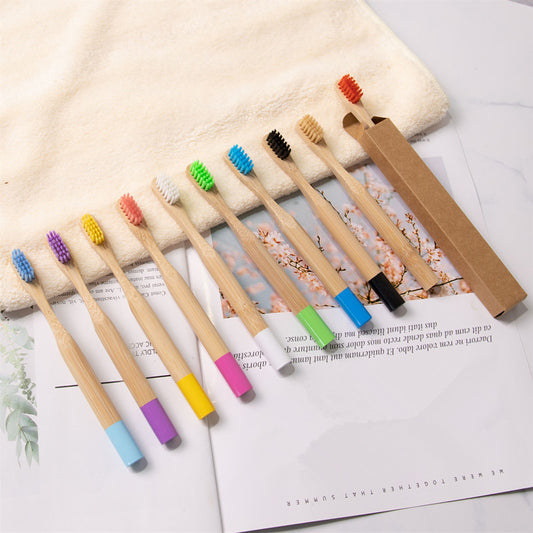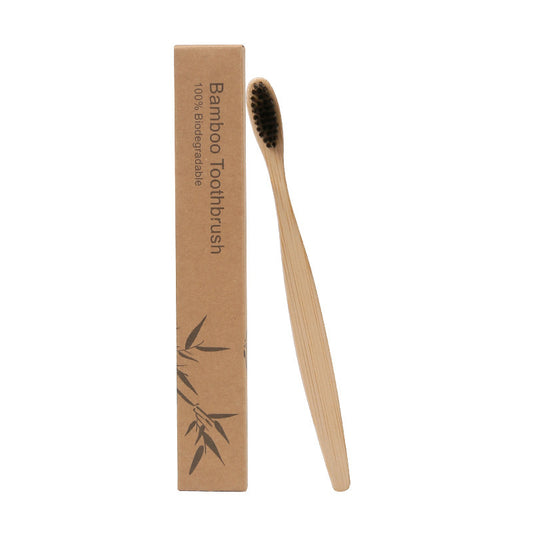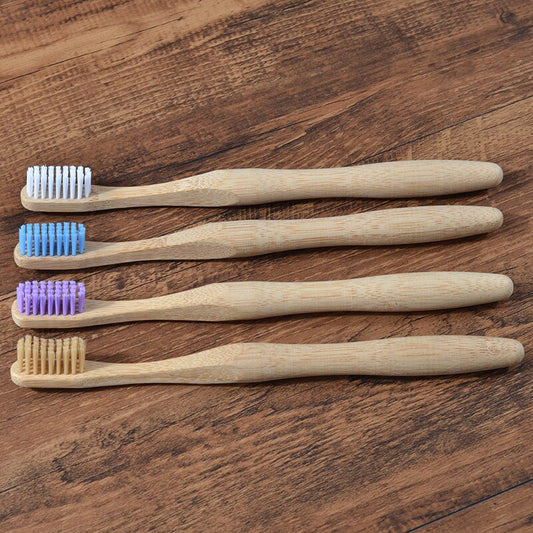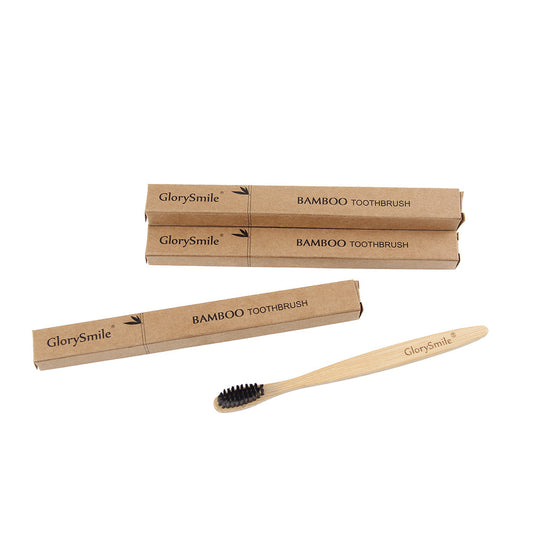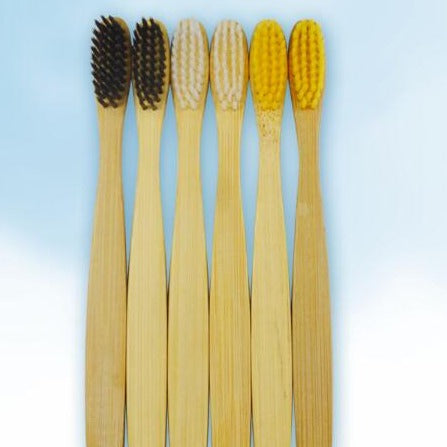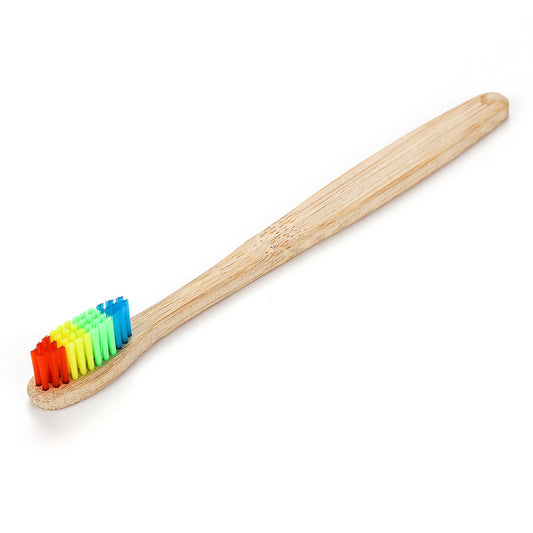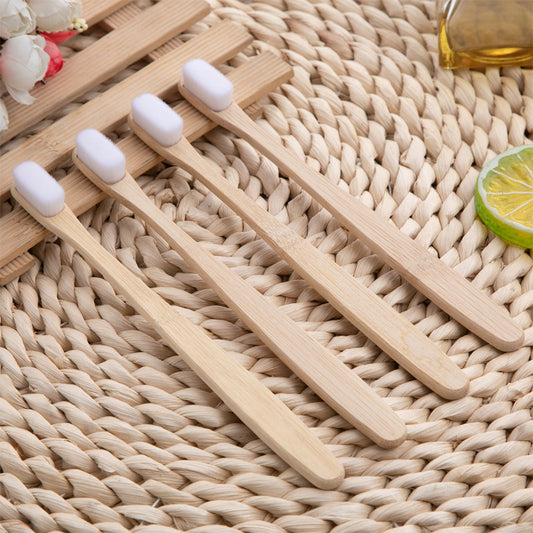Eco-Friendly Toothbrushes: Making Sustainable Choices for Oral Health
Do you know that every conventional toothbrush you have ever used is still out there, somewhere? Every toothbrush you typically purchase at the grocery store is made of polypropylene, a plastic that cannot be recycled. Almost 1 billion plastic toothbrushes are discarded indifferently each year in the United States.
Those are unreliable numbers, but they are more so when you consider that there are about 332 million people in the country and that dentists advise switching out your toothbrush every two to three months.
As a result, it is simple to understand how a small daily action can have a significant impact when we consider these numbers and the fact that it takes at least 500 years for one plastic toothbrush to degrade.
Ecological toothbrushes: materials and types
There are numerous types and materials where you can find eco friendly tooth brush substitutes.
Bamboo brushes serve as the primary environmentally friendly tooth brush alternative.
The plant that produces the most oxygen per hectare is bamboo, which grows at a rate of one meter per day.
It develops naturally without irrigation or fertilizers, making it a plant with a sustainable impact.
The toothbrush handle can be thrown away in the workforce, but the bristles must be removed and thrown into the undifferentiated if they are not made of bio-nylon or vegetable charcoal, which makes them biodegradable.
Still other environmentally friendly toothbrush has interchangeable heads, which cuts plastic waste by 80%. These toothbrushes are made of bioplastic or recycled plastic.
The electric toothbrushes are the last option, and dentists always suggest them due to their high efficacy in daily oral hygiene routines.
Even though more environmentally friendly tooth brush alternatives of the same type are also anticipated in the USA, such as electric toothbrushes and the interchangeable bamboo heads, these brushes allow you to replace only the heads, which lessens their impact on the environment.
The duration of brushing
Spend at least two minutes brushing your teeth, giving each quadrant of your mouth roughly 30 seconds. To help you keep the right time, use a stopwatch or an app.
An important step toward a more sustainable and environmentally friendly future is the use of brushes and eco-friendly accessories. Our choice of sustainable tooth brush and oral hygiene products is a small step toward living a more sustainable lifestyle.
Eco-friendly toothbrushes and oral hygiene accessories
To make our oral hygiene kit more sustainable, EcoFriendlyHut offers toothbrush holders and other eco-friendly accessories. This recycled or biodegradable support can be placed on the sink or hung on the wall to keep your space tidy and reduce waste.
Ecological toothbrush: that's why buy it from EcoFriendlyHut
One benefit of natural and eco-friendly toothbrushes is their materials. Bamboo toothbrushes are eco-friendly, while most plastic brushes are made of polypropylene.
Bamboo is great because it grows quickly, is renewable, and uses less water and chemicals than conventional crops. After use, wooden tooth brush can be broken down and reintegrated into the natural cycle, reducing plastic waste.
Bristles are made from castor, corn, or activated carbon. These materials clean effectively and safely while being environmentally friendly and gentle on gums and teeth.

